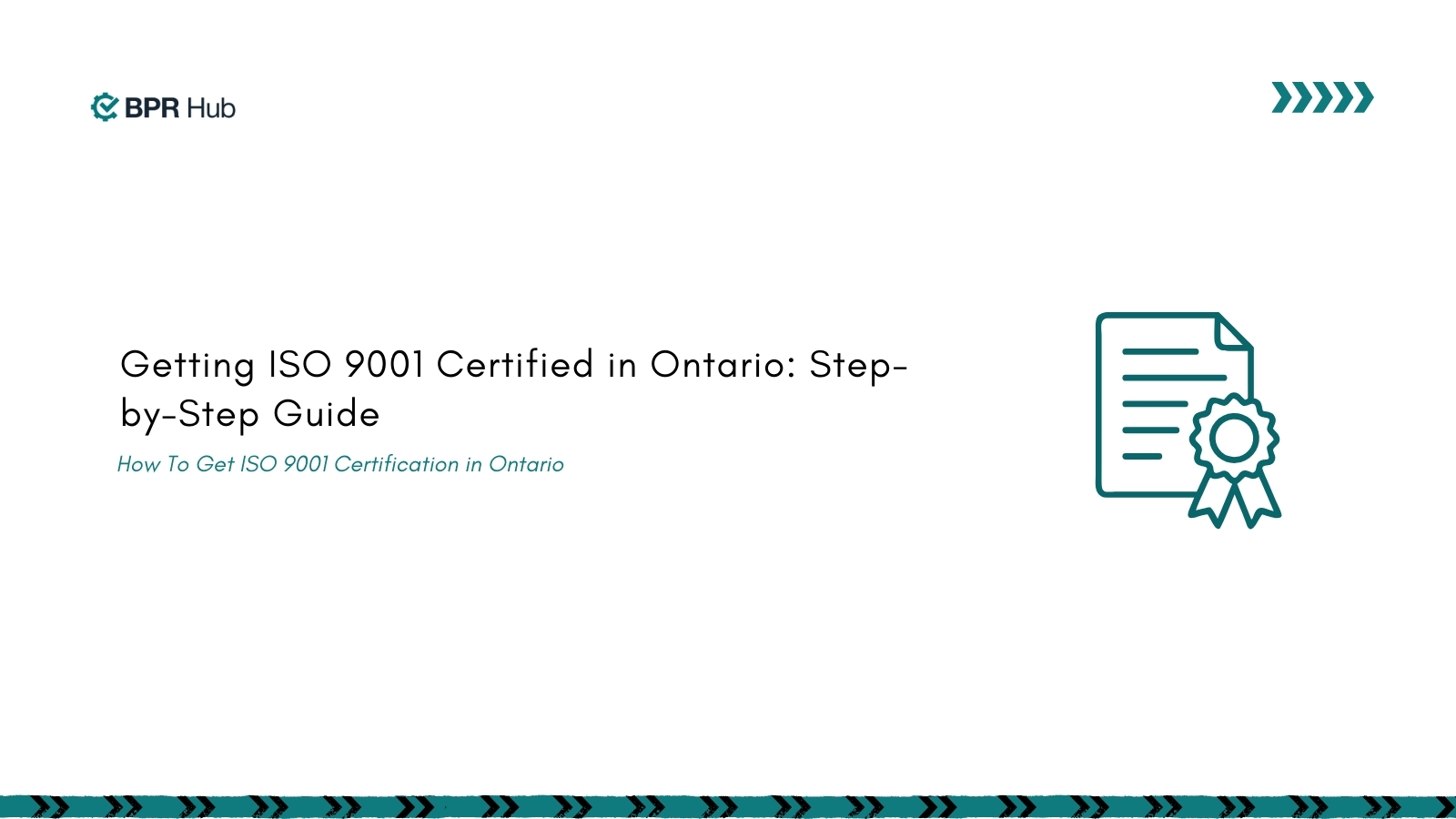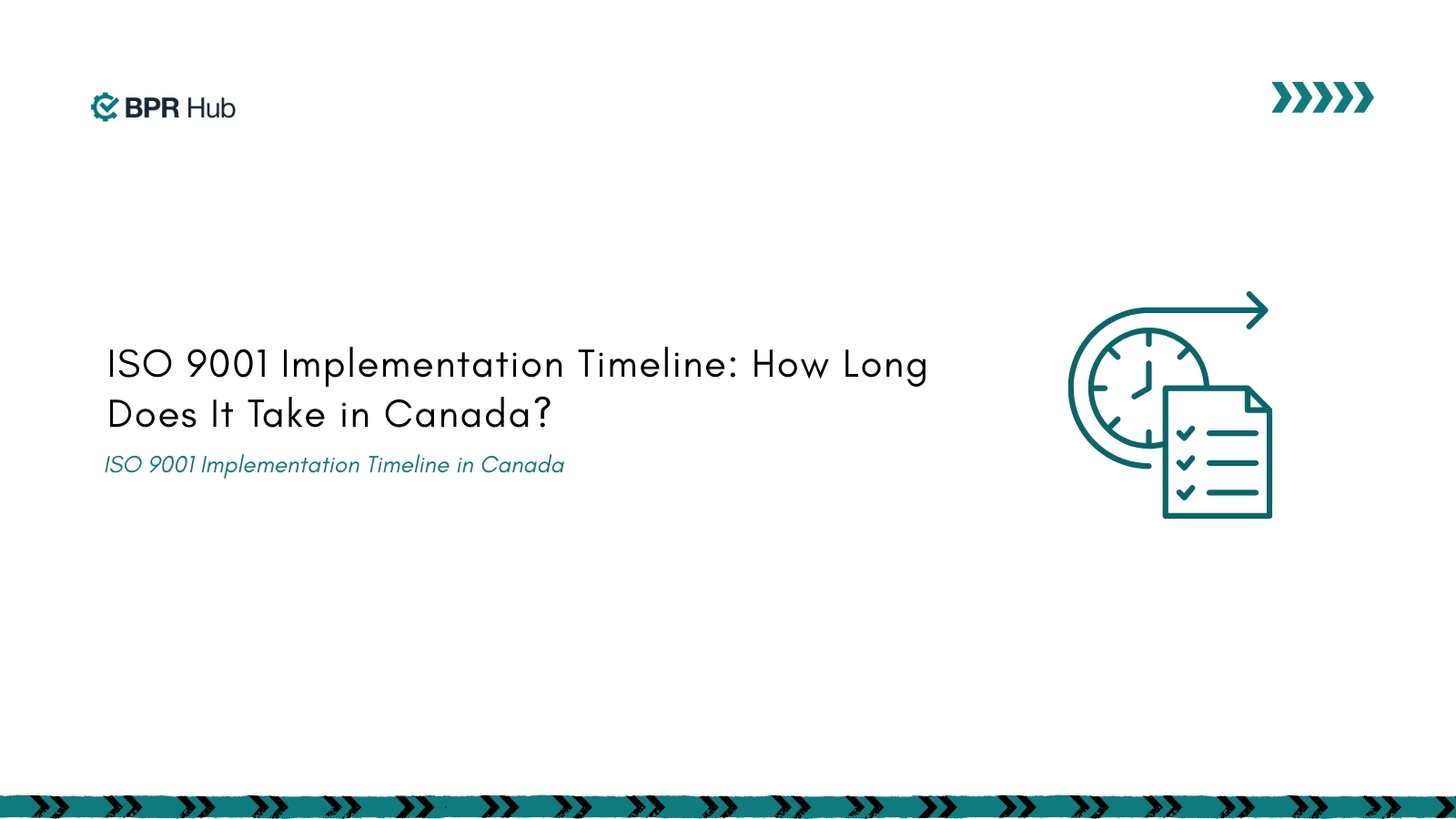Los Angeles County is a significant hub for manufacturing and industrial operations, where environmental responsibility and regulatory compliance are critical. Obtaining ISO 14001 certification in Los Angeles demonstrates an organization's commitment to sustainable environmental management and effective risk mitigation.
This internationally recognized environmental management ISO certification in Los Angeles improves operational efficiency, reduces environmental risks, and builds stakeholder trust in increasingly eco-conscious markets.
Los Angeles Environmental Regulatory Landscape
Regional Environmental Challenges
Los Angeles manufacturers operate under stringent environmental regulations. The South Coast Air Quality Management District (SCAQMD) enforces strict air quality standards, while proximity to the Pacific Ocean and urban centers creates additional environmental considerations that manufacturers must address through comprehensive environmental management systems.
Key Regulatory Agencies:
- SCAQMD: Air quality management and emissions control
- California EPA: State-level environmental regulations
- Regional Water Quality Control Board: Water discharge and quality standards
- Los Angeles County Department of Public Health: Industrial environmental health oversight
Companies pursuing ISO 14001 certification in Los Angeles must integrate these regulatory requirements into their environmental management systems to ensure comprehensive compliance and operational excellence.
Streamline your environmental management journey with BPR Hub’s expert compliance solutions.
📍 Book a Demo
📧 hello@bprhub.com
Understanding ISO 14001 Requirements
Core Environmental Management System Elements

ISO 14001 certification requires organizations to establish, implement, maintain, and continually improve an environmental management system. The standard follows a Plan-Do-Check-Act approach that integrates environmental considerations into business processes.
Environmental Policy and Planning
Organizations must establish environmental policies that reflect their commitment to environmental protection, pollution prevention, and compliance with applicable legal requirements. This includes identifying external and internal issues that affect environmental performance.
Environmental Aspects and Impact Assessment
Companies must identify environmental aspects of their activities, products, and services, determining those with significant environmental impacts. This systematic approach helps prioritize environmental management efforts and resource allocation.
Legal and Other Requirements
Maintaining current knowledge of applicable environmental laws, regulations, and other requirements is fundamental to ISO 14001 certification. Organizations must establish processes to identify, access, and evaluate compliance obligations.
Essential Documentation for ISO 14001 Certification
Mandatory Documentation Framework
According to official ISO 14001 requirements, essential documentation includes
Factors Affecting Timeline
Effective documentation management is crucial for maintaining iso 14001 certification. Organizations can streamline this process using integrated platforms like BPR Hub, which provides comprehensive document control and audit management capabilities.
How Long Does ISO 14001 Certification Take?
The certification timeline depends on several organizational factors. According to industry experts, certification generally takes 6 to 12 months, with variations based on
Factors Affecting Timeline
- Existing environmental management practices
- Regulatory complexity and compliance status
- Organizational commitment and resource allocation
- Integration with existing quality and safety systems
- Availability of qualified internal or external expertise
What Documents are Needed for ISO 14001?
Complete Documentation Requirements
According to official documentation requirements:
Core System Documents
- Environmental policy statement aligned with organizational context
- Environmental aspects and impacts register with significance evaluation
- Legal and other requirements register with compliance evaluation
- Environmental objectives, targets, and action plans
- Operational control procedures for significant environmental aspects
Operational Documentation
- Emergency preparedness and response procedures
- Communication procedures for internal and external stakeholders
- Competence, training, and awareness records
- Monitoring and measurement procedures with calibration requirements
- Nonconformity and corrective action procedures
Record Management
- Internal audit reports and corrective action tracking
- Management review meeting minutes and decisions
- Environmental performance monitoring data
- Training and competence records
- Legal compliance evaluation records
How Much Does ISO 14001 Cost in Los Angeles?
Accurate Cost Analysis
Based on verified cost analysis, realistic certification costs range from approximately $3,000 for small organizations to $12,000 for larger manufacturers.
Regional Cost Factors in Los Angeles
- Premium consulting rates due to high demand and expertise requirements
- Complex regulatory environment requiring specialized knowledge
- Higher operational costs reflecting regional economic conditions
Don’t let complex ISO 14001 requirements slow your growth. Partner with BPR Hub to accelerate certification and build long-term sustainability.
📍 Book a Demo
📧 hello@bprhub.com
Who Can Provide ISO 14001 Training?
Training Provider Options
Accredited Training Organizations
Professional training providers like 14000Store and LRQA offer comprehensive programs covering standard requirements, implementation strategies, and internal auditor certification.
Specialized Consulting Firms
Environmental consulting firms provide tailored training programs addressing specific industry challenges and regulatory requirements. These programs often integrate risk assessment methodologies with environmental management principles.
Training Program Components
- Environmental management system fundamentals
- Legal requirements and compliance evaluation
- Environmental aspect identification and significance evaluation
- Internal auditing techniques and reporting
- Management review and continual improvement processes
What Industries Need ISO 14001 Certification?
Priority Industry Sectors in Los Angeles
According to industry analysis, manufacturers in industries with significant environmental impact often pursue ISO 14001 certification in Los Angeles
Aerospace and Defense Manufacturing
Los Angeles aerospace companies benefit from comprehensive environmental management to address complex manufacturing processes, hazardous material handling, and regulatory compliance requirements.
Chemical and Petrochemical Manufacturing
Companies in this sector face significant environmental risks and regulatory oversight, making ISO 14001 certification valuable for operational licensing and stakeholder confidence.
Food and Beverage Processing
Environmental management helps food processors manage water usage, waste streams, packaging materials, and energy consumption while ensuring compliance with food safety and environmental regulations.
Electronics and Semiconductor Manufacturing
High-tech manufacturing involves hazardous chemicals, energy-intensive processes, and complex waste streams that benefit from systematic environmental management approaches.
Automotive Parts Manufacturing
Suppliers to California's automotive industry increasingly pursue environmental management certification to meet original equipment manufacturer (OEM) sustainability requirements.
Integration with Other Management Systems
Multi-Standard Certification Benefits
Many Los Angeles manufacturers implement integrated management systems combining ISO 14001 with quality and safety standards. Understanding the relationships between ISO 9001, ISO 14001, and ISO 45001 helps organizations develop efficient, coordinated certification strategies.
Integration Advantages
- Reduced certification costs through combined audits
- Streamlined documentation and processes
- Enhanced operational efficiency
- Comprehensive risk management approach
- Simplified management review processes
Common Integration Approaches
- Quality and environmental management (ISO 9001 + ISO 14001)
- Quality, environmental, and safety management (ISO 9001 + ISO 14001 + ISO 45001)
- Industry-specific combinations addressing sector requirements
Recent Updates and Regulatory Changes
Organizations should stay current with ISO 14001 changes and updates to ensure ongoing compliance and system effectiveness. Recent developments include enhanced climate change considerations and strengthened stakeholder engagement requirements.

Certification Process Overview
Stage 1: Planning and Documentation Development
Organizations begin with a comprehensive gap analysis comparing current environmental management practices against ISO 14001 requirements. This assessment identifies development priorities and establishes realistic implementation timelines.
Stage 2: Implementation and Training
Companies implement documented environmental management systems while providing comprehensive training to all relevant personnel. This phase includes establishing operational controls, monitoring procedures, and internal audit programs.
Stage 3: Certification Audit and Ongoing Maintenance
External certification audits verify system conformity and effectiveness. Maintaining certification requires annual surveillance audits and triennial recertification assessments, along with continuous improvement initiatives.
Streamlining Your ISO 14001 Certification Journey
Achieving ISO 14001 certification in Los Angeles requires strategic planning, comprehensive documentation, and ongoing commitment to environmental excellence. BPR Hub provides integrated compliance management solutions that streamline certification processes while ensuring sustainable environmental management system implementation.
The platform's comprehensive approach helps Los Angeles manufacturers manage environmental requirements alongside quality and safety standards, reducing certification timelines while maintaining thorough system integration. With automated workflows, expert-backed templates, and continuous compliance monitoring, organizations can achieve ISO certification in Los Angeles efficiently while building long-term environmental management capabilities.
For Los Angeles manufacturers ready to enhance their environmental performance and regulatory compliance, the combination of strategic planning, comprehensive training, and integrated compliance management tools creates a clear pathway to certification success and sustainable operational excellence in California's highly regulated manufacturing environment.
Ensure full compliance with Los Angeles environmental regulations. Leverage BPR Hub’s integrated platform to simplify documentation, audits, and training.
📍 Book a Demo
📧 hello@bprhub.com
Key Takeaways
→ Environmental management systems reduce operational risks while ensuring compliance with SCAQMD and other regional regulations
→ Certification timelines typically range from 6-12 months, depending on organizational complexity and existing systems
→ Total certification costs range from $3,000 for small organizations to $12,000 for larger manufacturers
→ Essential documentation includes environmental policies, aspect registers, legal requirements, and monitoring records
→ Industries with significant environmental impact, including aerospace, chemicals, and electronics, often benefit from certification
→ Integrated management systems combining ISO 14001 with quality and safety standards maximize operational efficiency
Frequently Asked Questions
How long does ISO 14001 certification take?
ISO 14001 certification typically takes 6-12 months for Los Angeles manufacturers, depending on organizational size, complexity, and existing environmental management practices. Smaller organizations may complete certification in 6-8 months, while larger, more complex operations require 10-12 months for comprehensive system implementation.
What documents are needed for ISO 14001?
Essential documents include environmental policy statements, environmental aspects registers, legal requirements matrices, environmental objectives and targets, operational control procedures, monitoring and measurement plans, internal audit reports, and management review records demonstrating system effectiveness and continual improvement. Complete documentation requirements are available from official sources.
How much does ISO 14001 cost in Los Angeles?
Certification costs range from $3,000-$7,500 for small organizations to $8,000-$15,000 for large manufacturers. Cost components include gap analysis and consulting, documentation development, training programs, and certification audits, with ongoing annual surveillance costs.
Who can provide ISO 14001 training?
Training is available from accredited organizations like BPR hub and specialized environmental consulting firms that offer comprehensive programs covering environmental management fundamentals, legal compliance, internal auditing, and system integration.
What industries need ISO 14001 certification?
Industries with significant environmental impact, including aerospace and defense, chemical manufacturing, food and beverage processing, electronics and semiconductors, automotive parts manufacturing, and waste management, often pursue ISO 14001 certification to manage environmental risks and enhance market credibility.
Get insights that help you minimize risks and maximize profits.
Dive deeper into manufacturing compliance with our free resources.
We get it, compliance can get tough.
Here are some additional resources to help.
We get it, compliance can get tough. Here are some additional resources to help.
Get updates in your inbox

.svg)
%20(1).svg)





%20(1).svg)

.avif)

